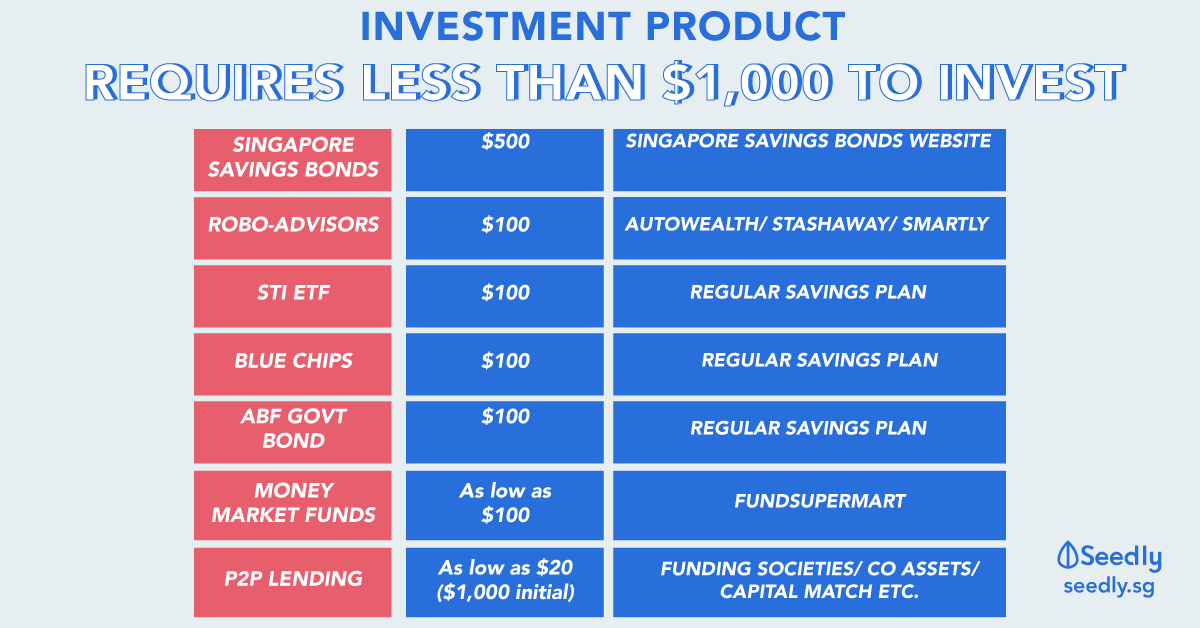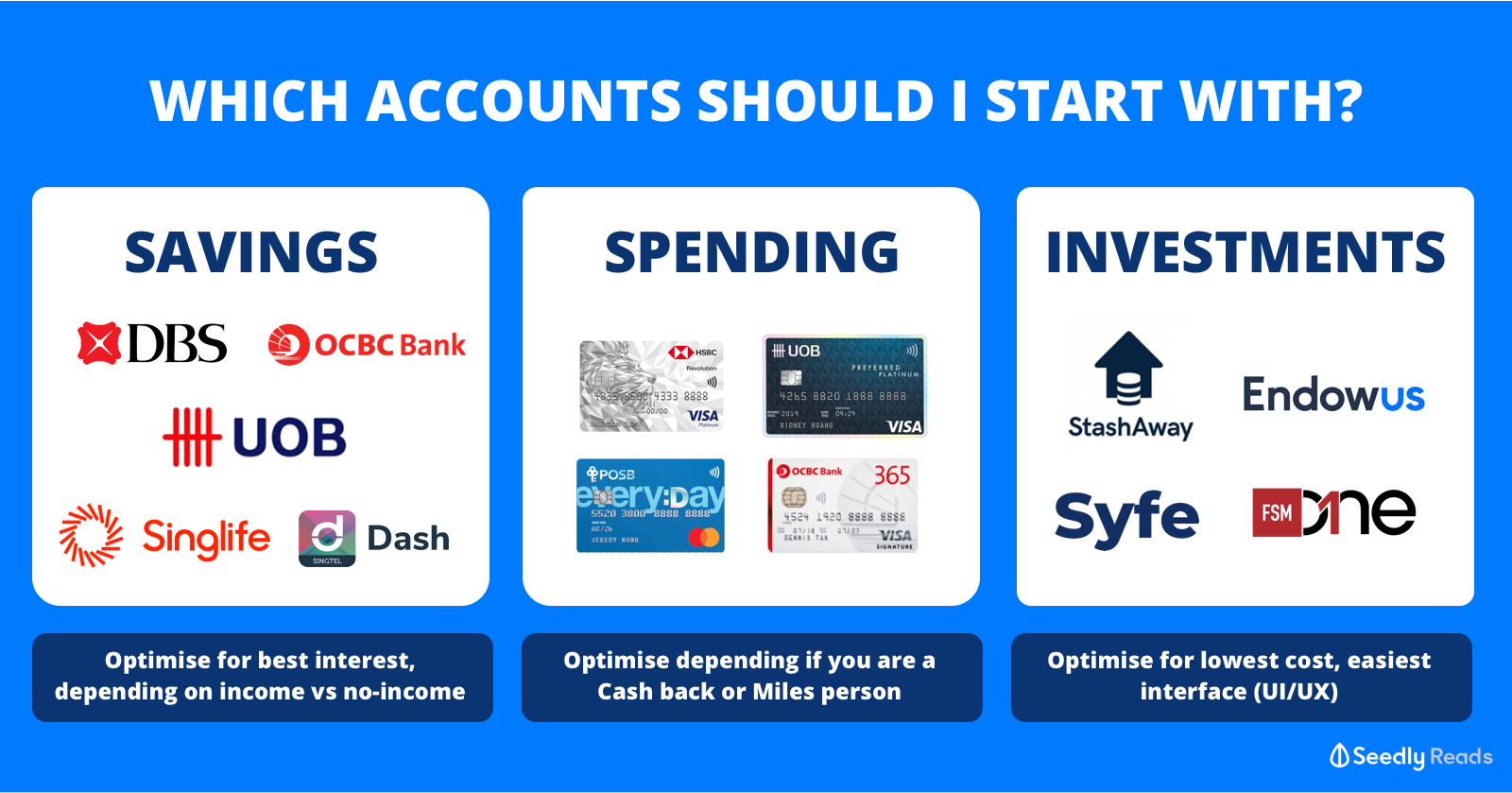Advertisement
Anonymous
Should I clear my study loans, invest more, or work on my emergency fund from now on?
I'm wondering whether I'm on the right track financially, or should I adjust my allocations (in terms of investments/emergency fund/loans)?
Situation:
- 27 y.o, Single, male
- Take home of 3.2k
- 21k study loan with 0% interest (paying my family), projected to be cleared within 30 months
- Roughly 3 months worth of emergency funds
- Insurance covered (HS, Term, CI, Accident)
- Investing $100 into RSP monthly
Thanks in advance, for any form of advice!
3
Discussion (3)
Learn how to style your text
Reply
Save
You are definitely on the right track. Since your loan is 0 interest rate, you can take the time to clear your loans. The 3 month of emergency fund is also the right choice. Do not need to put any emergency fund. 3 months is sufficient. What you can do is invest more. You can put more in saving plan, Varga investment and S&P index.
For S&P Index, you can go search on Money course leveraging S&P index Group by Warren Buffett 2013. Hope that this will help you :)
Reply
Save
Cedric Jamie Soh
29 Sep 2019
Director at Seniorcare.com.sg
Love this type of question as it is what I faced when I graduated years ago.
Life is not absolute i...
Read 1 other comments with a Seedly account
You will also enjoy exclusive benefits and get access to members only features.
Sign up or login with an email here
Write your thoughts
Related Articles
Related Posts
Related Posts
Advertisement








1) loan: Agree with Cedric. A 0% study loan means your lender lost his / her interest income. In this kind of situation, I would encourage you to align an interest rate with your borrower - I would recommend that this rate be better than what the bank would pay him/her, but yet lower than what a bank would charge you. Somewhere between 0.5% pa and around the current SSB rate of 1.75% pa to 3-month SIBOR of 2% pa would be fair in my opinion. At this stage of your life, take this opportunity to understand how interest compounds, and what is your preference towards debt. This will help you navigate future situations in the face of consumer debt (credit cards/lines), mortgages, etc.
2) from a budgeting perspective, I wonder if your savings is 100 per month (the RSP). If so, it seems quite low (about 3+%). I think you are saving more than this. I would encourage you to always plan out / budget to save between 15% to 35% of your take-home pay. The savings here would go to either a long term goal to save for emergency/downpayment for house/retirement. This habit is best cultivated early in life. You could have this set aside in the bank, or parked in SSBs / fixed deposit, or other instruments (not encouraging endowments and the like for goals that are less than 10 years away). The choice of instrument should match your goal in both risk and withdrawal timeframe.
3) Learn to budget. One habit I developed over the years is setting savings goals to set aside money for a different purpose. An example is setting aside 5% of take-home pay in a category I call Rewards - I take money out from here to pay for my travels, a new hp or tablet etc. This is "save now, consume later". You might want to give this a try.
4) in terms of investing, how well do you rate yourself? Don't rush into it. 100 per month is a good start while you are trying to pick up the ropes. On the other hand, learn to see transaction cost/fees as a % of your investment. I personally feel this % should be kept to below 1.5% whenever possible, best if below 1%. A rough guideline is every 0.1% of fees eats away 2% of returns over 10 years. For example, an investment that charges you 2% annual fees would eat away 40% returns over 10 years. Apart from learning about fees, take your time to figure out your risk preference, attitude, and preferred style.